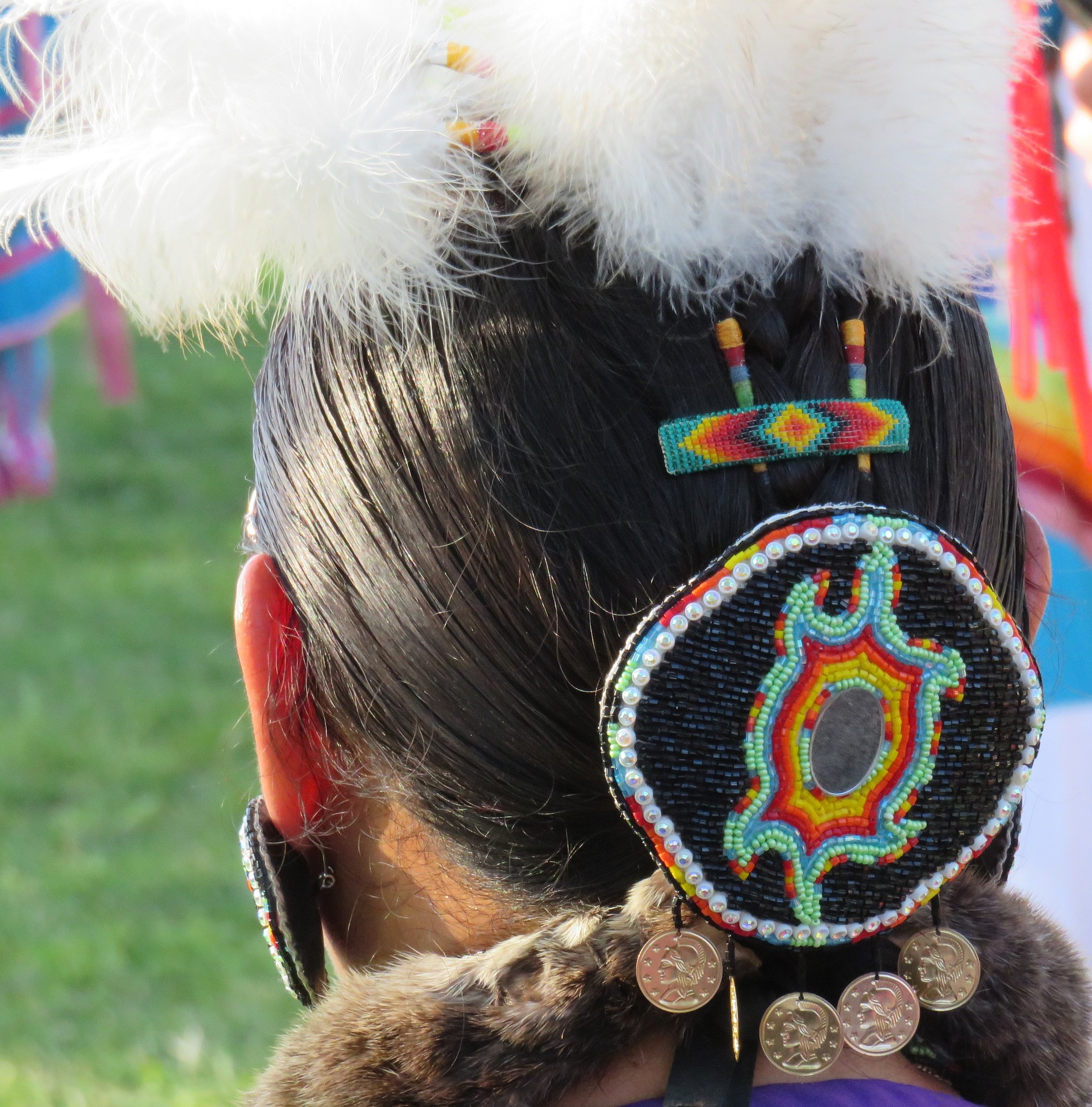By: Chad Heywood
Many of the nation’s finest college athletes are preparing to participate in the upcoming 2016 summer Olympics in Rio De Janeiro, Brazil. Participating athletes should keep in mind that the National Collegiate Athletic Association (“NCAA”) and its regulations will still affect them during their participation in the 2016 Olympics. To be eligible to participate in an NCAA recognized sport you must be recognized as an amateur athlete. In turn, amateur athletes cannot get paid for participation in their sport or receive endorsements. However, the NCAA has carved out a limited exception where amateur athletes may be paid for participation in an Olympic sport. This exception allows the United States Olympic Committee (“USOC)” to monetarily compensate an amateur athlete, who also becomes an Olympian for winning a n Olympic medal such as swimming star Missy Franklin. In the 2012 London Olympics, Missy Franklin won four gold medals and one bronze medal, and received compensation for each medal from the USOC. However, the amount Franklin was compensated for each medal is meager in comparison to the amount that she should could have made based on her potential endorsements. Forbes estimated that Franklin could have earned potential endorsements ranging in amounts from $700,000 to $2,000,000. Many Olympic athletes like Franklin are unable to accept any endorsements without being automatically disqualified as an athlete in the NCAA.
Bloom v. NCAA
The NCAA’s restriction on Olympic athletes was affirmed in Bloom v. NCAA,93 P.3d 621, (Colo. App. 2004). Here, Bloom is a “three-time world champion in freestyle moguls,” and was inducted into the U.S. Ski and Snowboard Hall of Fame. Also, Bloom has won “11 World Cup events, including an unprecedented six consecutive in 2005 at the World Cup.” During the Olympics, Bloom appeared on MTV and had many other paid entertainment opportunities, including a chance to become a show host on Nickelodeon. Furthermore, Bloom endorsed particular ski products, and contracted as a model for Tommy Hilfiger. As a football athlete at the University of Colorado (“CU”), he received endorsements as a skiing athlete, but not for the sport he played at CU. Bloom sought court action, where he filed to enjoin CU and the NCAA from enforcing the provision that college . After reviewing the bylaws of the NCAA, the court determined that the terms were clear, unambiguous, and contractually binding on college athletes. The Court held that the NCAA could force Bloom to give up his endorsements in order to become an eligible college athlete at CU. The Court reasoned that there was no distinction between the sport one plays under the NCAA and the reason for receiving endorsements.
Public Policy
Bloom v. NCAA raises issues of public policy that seem contrary with the result. As a nation we want our citizens to be educated and paid for their skill. As the Supreme Court states in Zelman v. Simmons-Harris, “[i]ndividual’s life prospective increase with each successfully completed phase of education.” For most young people coming out of high school, like Missy Franklin, the sizable endorsements can become enticing, especially to unpaid amateur athletes. For amateur athletes that forego their college education in pursuit of lucrative athlete endorsements, they often lack money management skills that would prevent them from exhausting all of their earnings. In turn, some amateur college athletes do not earn a college degree and may no longer have a viable source of compensation after their athletic careers. Additionally, the amateur athlete’s inability to earn money during college does not allow them to learn first-hand how to balance their finances alongside their sports careers. Yet, college seems the most logical place to introduce amateur college athletes to financial management courses. Sports Illustrated reports 78% of former NFL players go through financial trouble two years after retirement and 60% of NBA players exhaust all their financial earnings five years after retirement. It seems that as soon as amateur college athletes leave college (whether dropping out or after procuring a degree), they are unable to balance their checkbooks.
The Future
Currently, the college athletes inability to receive endorsements is a substantial issue in the sports industry. As such, the college athletes in O’Bannon v. NCAA argued that NCAA and NCAA recognized colleges benefit from an athlete’s image, yet an athlete cannot benefit from their own image. For example, the University of North Carolina sells jerseys with the number twenty-three on it, made famous by Michael Jordan who played there prior to being drafted in into the NBA; yet Michael Jordan receives no income from these sales. Similarly, Arizona State University (“ASU”) profits from football legend and war hero, Pat Tillman, by selling merchandise bearing his number, forty-two. ASU has donated a portion of the jersey proceeds to the Tillman Foundation, although, ASU offers many other products that bear the number forty-two, where they solely receive the profits. While O’Bannon is likely to be appealed, the Northern District of California has held the Sherman Act prohibits NCAA’s restrictions that college athletes cannot receive endorsements when playing collegiate sports. If O’Bannon is upheld, it will be interesting to see how it changes college sports and the sports industry in general. The implications that O’Bannon will have on Olympic college athletes is still unknown, but the door to potential compensation during college is no longer closed.
Chad Heywood is a 2L at the Sandra Day O’Connor College of Law at Arizona State University. He is an associate editor for the Sports & Entertainment Law Journal. In addition, Chad would like to thank the Technology Committee: Peter Balzarini, Lance Christiansen, Jordan Wolff, and Ariel Davis for their assistance with this article.
[easy-tweet tweet=”New Blog on “Olympic College Athletes Struggle with NCAA Regulations,” by Chad Heywood, an associate editor for SELJ. ” user=”ASU_Law_SELJ ” hashtags=”#sportslaw”]




